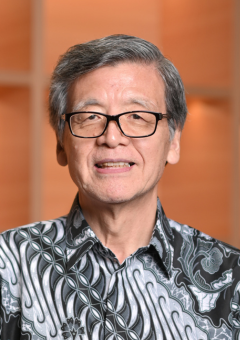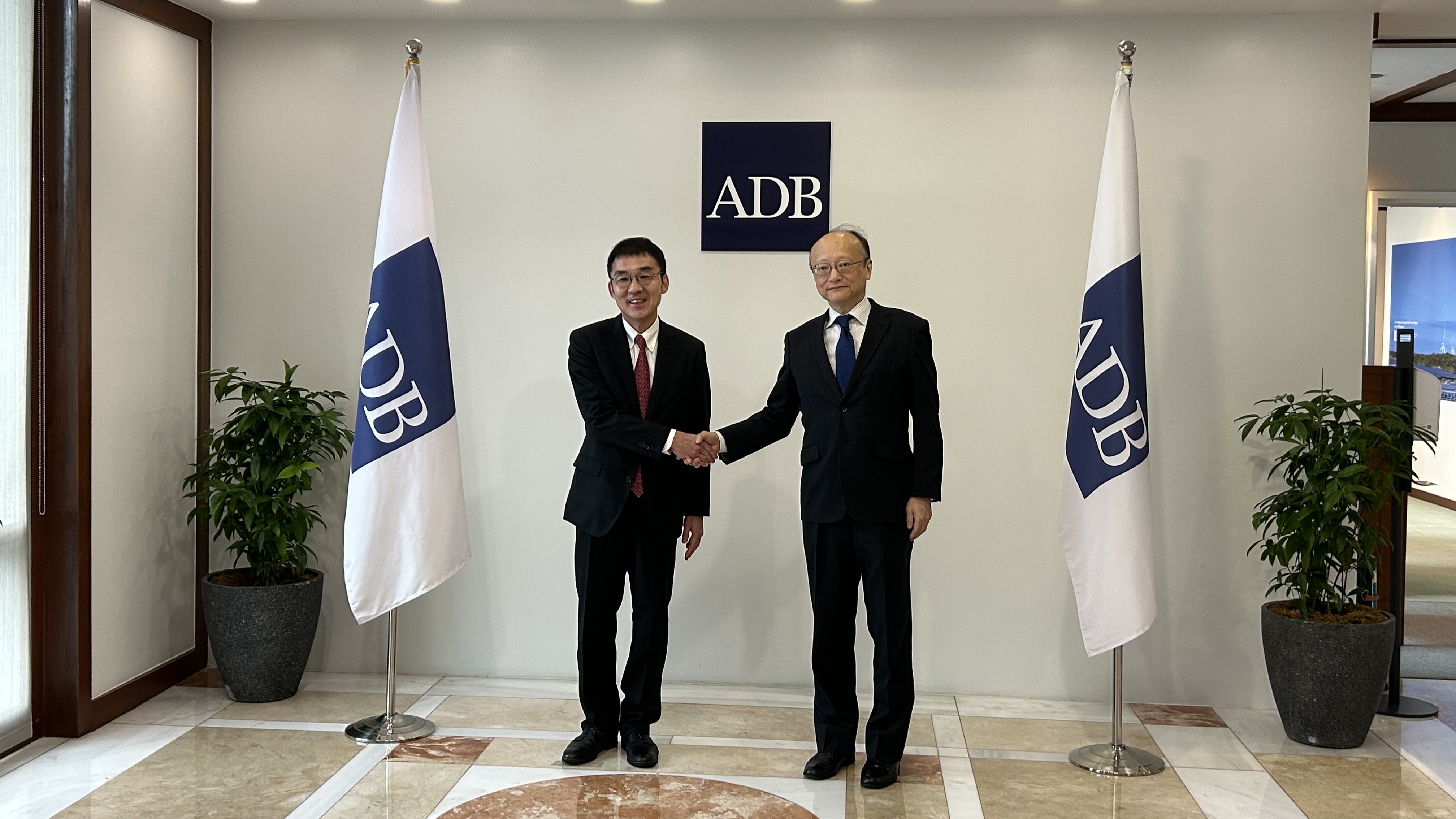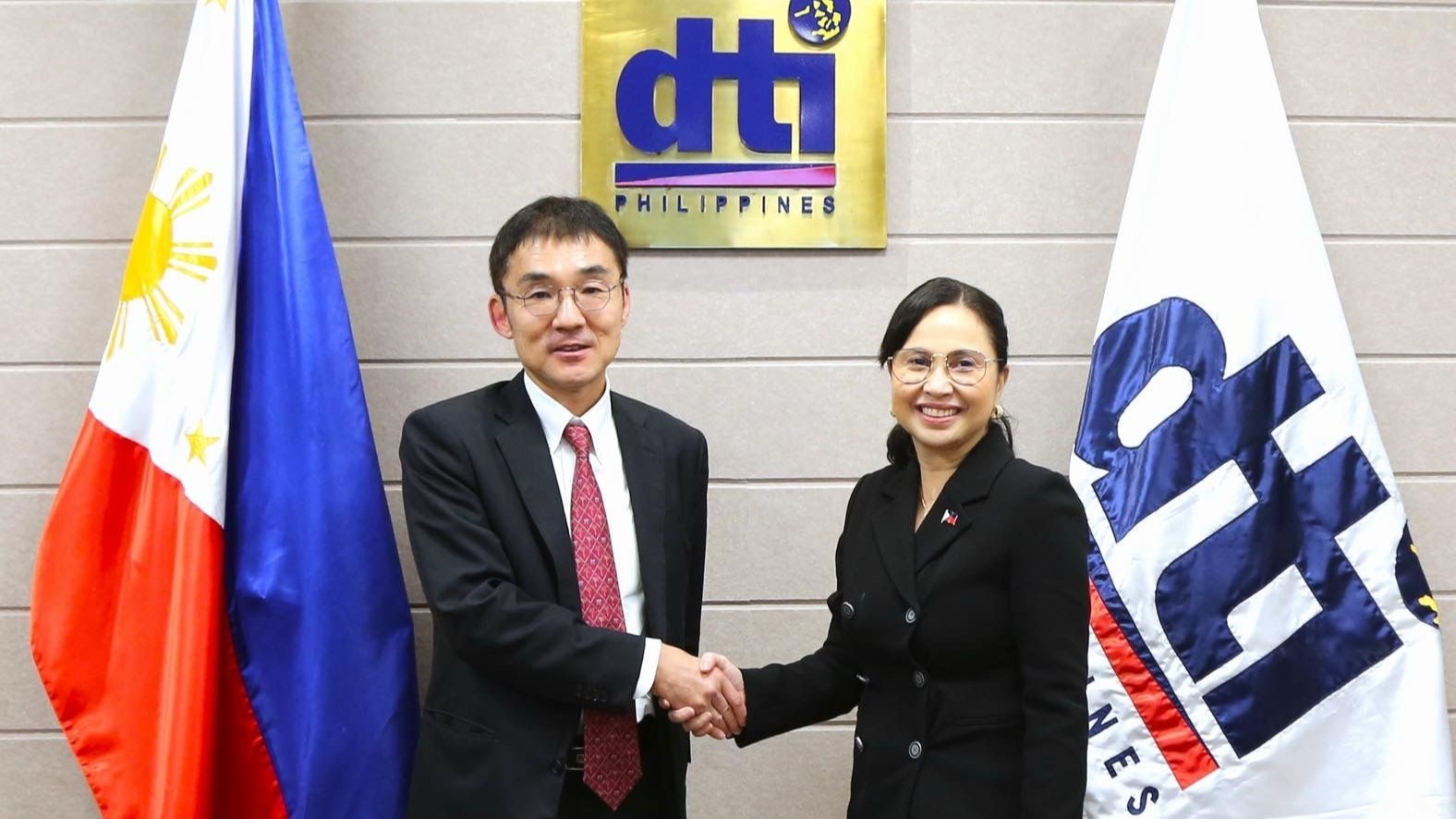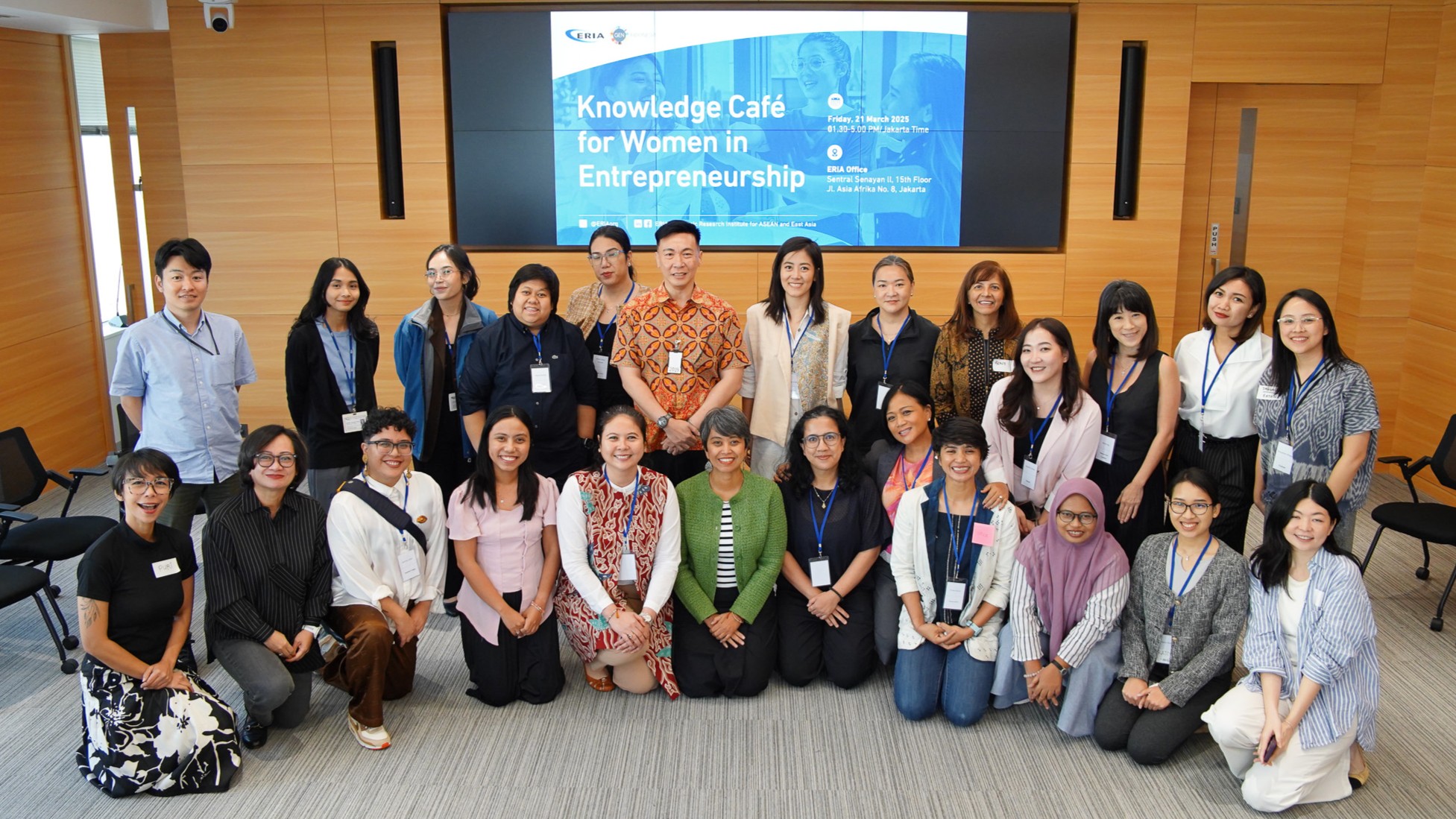News
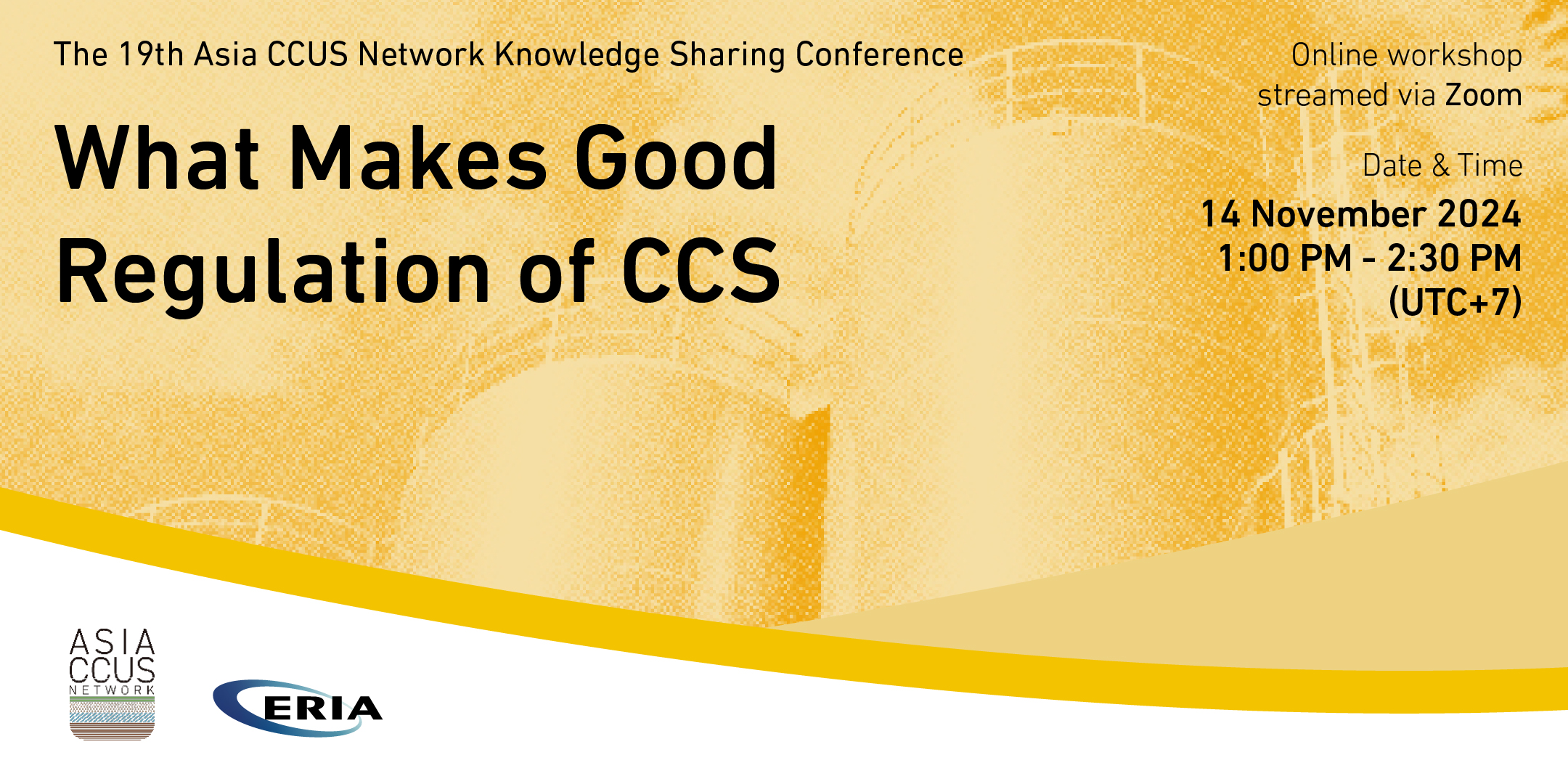
Thu, 14 November 2024
CCUS projects in the Asia region are beginning their development towards commercial viability and scalability. Two or three projects are expected to commence operations just before 2030. However, the commercial success of these projects is contingent upon a regulatory framework that is currently being developed. The success of CCUS initiatives in the region will depend on how effectively this regulatory framework can facilitate the deployment of commercial CCUS projects. In other words, the region's success with CCUS projects hinges on its ability to establish robust regulations.
Experts in effective regulation assert that good regulation comprises focused goal-setting, supported by detailed guidance and a credible regulatory body with technical expertise. Several criteria for good regulation have been formulated through efforts to improve regulatory practices and reduce the regulatory burden on industry and the economy. These criteria may include:
- High public trust, with regulations built upon robust public consultation and expert engagement.
- The availability of highly skilled regulators to support implementation.
- Strong monitoring and enforcement powers, combined with a collaborative approach to regulating large firms, ensuring these powers are rarely needed in practice.
- A risk-based approach, where the rigor of regulation is proportionate to the risks involved and supports both economic growth and ethical standards.
- For global issues such as CCUS and climate change, effective regulation necessitates substantial international engagement with regulators and policymakers worldwide.
The Asia region's ambition to incorporate CCUS into its zero-emission strategies has encouraged countries to create and implement CCUS-related regulations. Sharing expertise on effective regulation will benefit stakeholders in the region by promoting improved CCUS governance. As part of the ACN programme supporting decarbonisation, the ACN Secretariat is facilitating the creation of a conducive environment for developing enabling regulations for CCUS and will hold the 19th Knowledge Sharing Conference to discuss "What Makes Good Regulation of CCUS".
The Office of the General Counsel’s Commercial Law Development Program (CLDP) of the U.S. Department of Commerce, with support from the U.S. Department of State's Bureau of Energy Resources (ENR), has developed a practical guide for legislators, ministry officials, and regulators worldwide to draft, adopt, and enforce new legislation that will accelerate the deployment of CCUS.
The Asia CCUS Network is considering inviting Ingvild Ombudsvedt of IOM Law, an expert who contributed to the development of the guideline, to share her insights and provide a better understanding of the development of effective CCUS regulation within ASEAN and the East Asia Summit.
Agenda
| 1 PM – 1:05 PM |
Opening Remarks
|
| 1:05 PM - 2:05 PM |
What Makes Good CCUS Regulation Presented by Ingvild Ombudstvedt of IOM Law Moderated by Dr Gusti Sidemen, ERIA |
| 2:05 PM - 2:25 PM |
Open Discussion |
| 2:25 PM - 2:30 PM |
Closing Remarks
|
ERIA Speakers
Event Details:
Virtual Room
The 19th Asia CCUS Network (ACN) Knowledge Sharing Conference: What Makes Good Regulation of CCS,
Start Date:
Thursday, 14 November 2024,
End Date:
Thursday, 14 November 2024,
Time:
01:00 PM - 02:30 PM
Timezone:
Jakarta time, UTC+7
Subscribe to mailing list
Invitations | Publications | Newsletters

